Military Fantasy

by aden_ng
As a genre, military fiction can seem vague. Since not all stories with military elements can be considered military fiction, and a story without any military setting can still be classified under the genre. In fact, if you ask different people, there is a good chance they will each give a different definition on the genre.
The general consensus though is that there has to be a specific focus on military life. A commander overseeing the actions and lives of his troops from the safety of camp; a squad of a rag-tag soldier trapped behind enemy lines; or youngsters being trained for combat in a special academy. But those definitions are far from covering what the genre is truly about. And when it comes to 'military fantasy' though, the line becomes even more blurred.
Fantasy itself depicts a world where fantastical things may happen. In such a universe, what can be considered a militaristic experience? If a fantasy war is fought with a single individual overpowering army, is it still considered 'military'? What about adventurers pulled behind enemy lines? Or the life of students in an academy specifically tailored to train students in magic in hopes of using them for war?
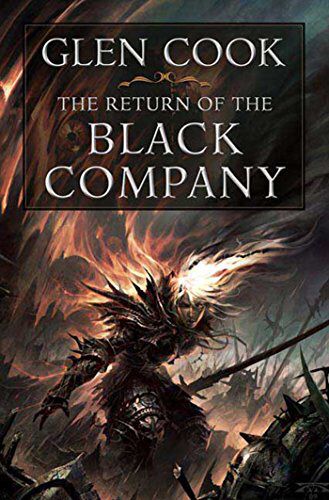
In English fiction, military fantasy is still largely considered a niche genre and continues to be defined to this day. Fans amongst the genre argue between themselves on what books constitute these. While stories such as Glen Cook's The Black Company sits nicely on the throne, other more popular line-toeing series such as Tolkien's Lord of the Rings, C.S. Lewis's The Chronicles of Narnia, and J.R.R Martin's A Song of Ice and Fire are hotly debated.
Instead, we turn to the East, where military fantasy has been a cultural norm for centuries. Out of The Four Great Chinese Novels, two of them, Water Margin and Romance of the Three Kingdoms can be considered under the genre. The first one focused on a group of outlaw army, and the second on feudal lords trying to replace or restore power to the Han dynasty.
Both stories show two sides of the main aspects of the military fiction coin where one looks to the military life of characters, and the other gravitates towards the command and tactics of warfare. It is on these basic building blocks that generate the majority of military fiction genre and said to be the basic rules for all military fiction to follow.
Over the years, Eastern media grew and expanded the genre, spilling heavily into other forms of art and inspiring them across continents, such as video games, light novels, mangas, and animations. Just to name a few are Dynasty Warriors; Avatar: The Last Airbender and The Legend of Korra, Final Fantasy Type-0, Attack on Titans, and the Suikoden game series.
But let's get down to brass tacks. Fluid definition and history aside, how do you write a good military fantasy?
All fantasies, regardless of genres, draw people in because in some ways they are relatable within a world that allows us to escape our own, and military fantasy is no different. And like all stories, the quality of it requires to focus on the plot and characters. However, military fantasy in particular expects more so from its writers.
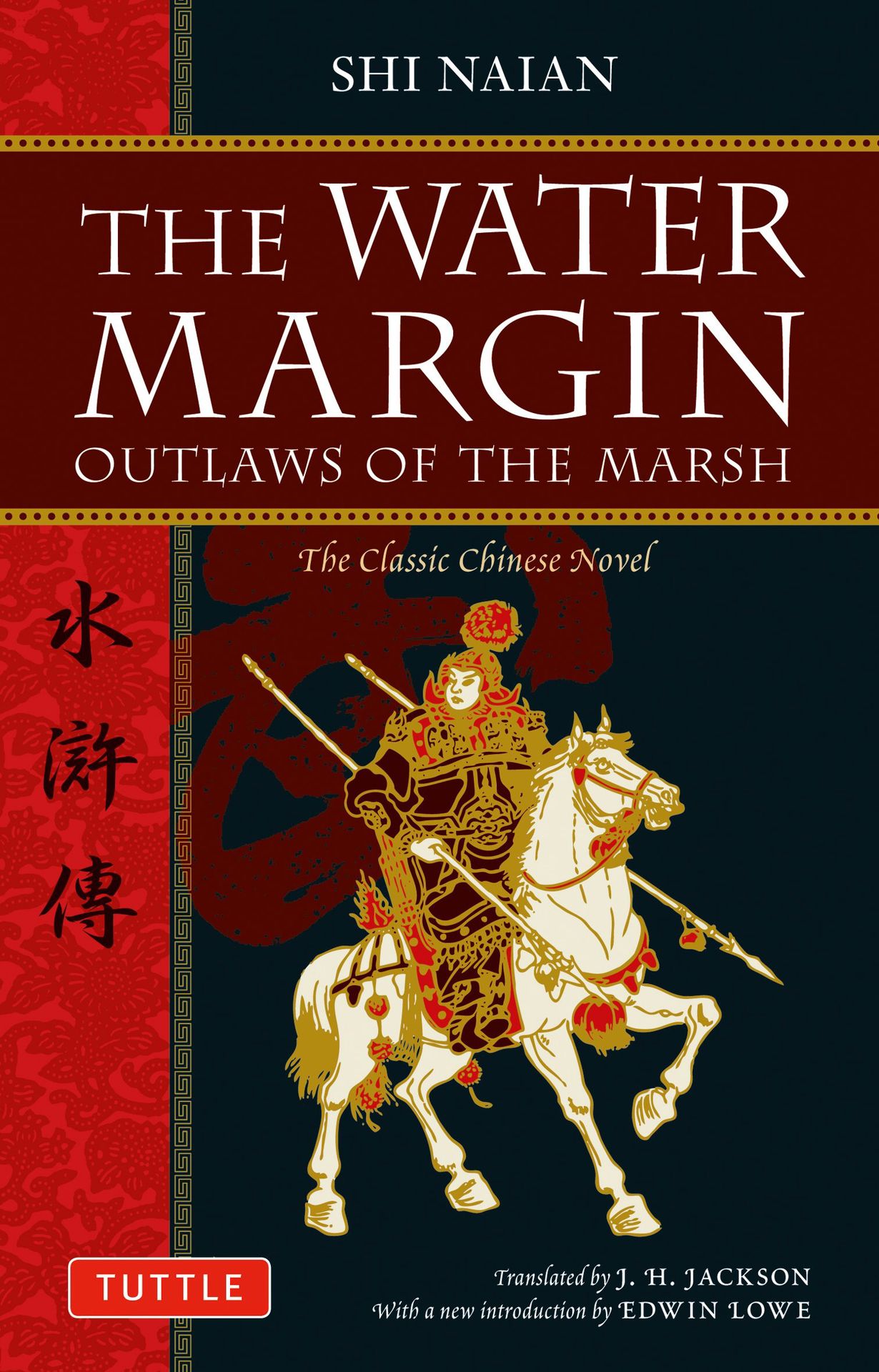
The fun for military fantasy comes in its fight scenes. Having special weapons and – sometimes – magic, allows for unique battle tactics that can't happen anywhere else. Have magicians alter trajectories of artillery. Medics that can raise their own army of familiars to defend themselves. Or have an entire war fought simultaneously within two different plane of existence. It's basically the writer in a war room with the entire universe as its battleground.
You'll be embedded with squads and battalions of anywhere between half a dozen to hundreds of characters. It's also common for these stories to have multiple simultaneous plots. With all these individuals in a foreign fantasy world, you have to be technical in your ability to detail your character's interactions, while focusing on the plot and world building at the same time. And that amount of information in small chaptered packages can seem impossible to write.
Characters from military fiction comes from all walks of life, and should built on that. Focus on dialogues and personalities. If a character has a unique speech pattern, make sure to write in that voice every time they speak. That way, you won't have to waste precious page space identifying your character's every dialogue. It'll also stand that character out as a unique individual in a party choked full of unique individuals.
To further solidify each character's uniqueness, give them specialised roles and remember to utilise them. Someone that focuses on range should be kept to ranged combat, and someone who supports kept to supporting. This helps readers identify individuals not just by the voice and personalities, but by the positions they hold. For example, in The Lord of the Rings, the fellowship is made up of members with specific roles, profiles, and personalities. So despite their large group, you have no trouble remembering them. Legolas, the archer elf prince. Frodo, the hobbit ring bearer. Gandalf, the wizard. So on, and so forth.
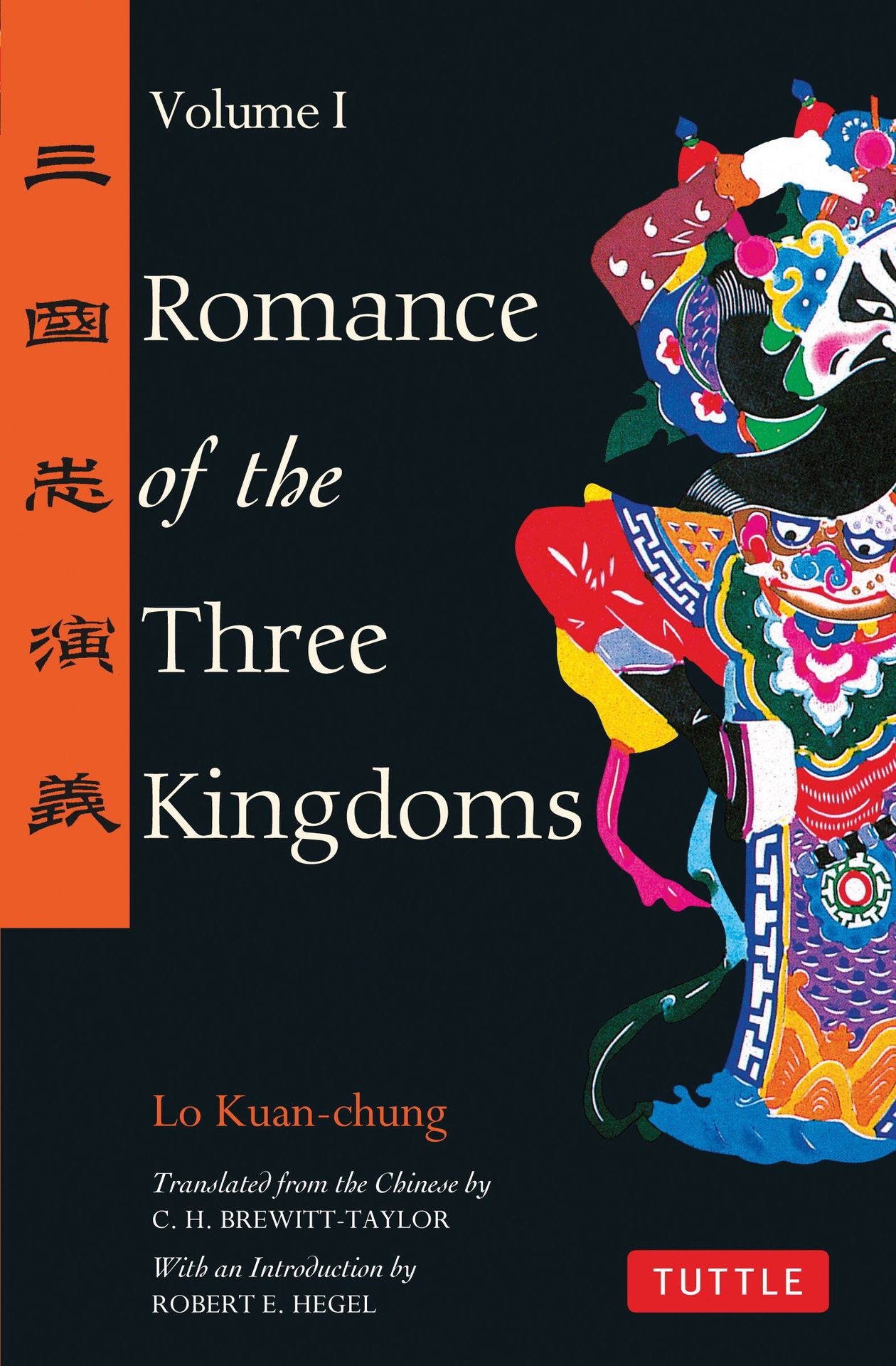
And most importantly, don't be afraid to mix genre. Throw in some hard fantasy for weapon R&D. Pour in some inter-army romance for drama. Make it sci-fi fantasy and fight in the stars. Go ahead and pinch in YA even. Add in some politics to deal with morality. This is the one sub-genre where you can do almost anything and really jump into the mud with it.
What I like most about the genre is that it can be not about war. It can focus on the nitty-gritty of moments in characters' lives and all the moral aching that comes with it. People facing the darkest moments of their world's history together, or finding themselves alone. It's about responsibility and power, and how to protect and work together. And that may the most realistic story of all.

Example of Military Fantasy on Wattpad:
THE CHRONICLES OF TEARHA: DECK OF CLOVER by aden_ng
Synopsis:
Aleynonlia's Spellblade Academy is the first of its kind, teaching young magic users to control, refine, and responsibly use their powers.
Or at least, as responsibly as teenagers get.
The students of Class C were always known as a group of easy-going outcasts. However, their lives are forever changed when they find themselves assigned an ominous prediction by a dead seer and numbered "Zero" to "Thirteen".
Standing on the precipice of a cataclysmic invasion, the young Spellblades must solve the mystery of their epitaphs and face their destiny. Alone or together.
Excerpt:
"Shimona," Pempe commanded. "Stay behind us and pick off strays. We'll clear a path." It was obvious he simply wanted to make sure she stayed safe.
Not wanting to worry them, she simply answered, "Roger."
The word 'Roger' was coined after Roger Bel'Souls. A military officer of Jaradian history that was famous to have never questioned an order, which eventually lead the royals to order him for a suicide campaign over fear of his growing popularity. His name became synonymous with saying 'affirmative' to everything. His monument is a famous tourist sight.
But that was a train of thought for another time. A future where she takes a vacation to her dream country.
An archer opposite them had notched an arrow and two muskets were being lined up at them.
Pempe gave the call. "Gun!"
Above, Seks fired multiple shots down at the ground below them, causing earth spikes to pop out as cover. The arrow and bullets of their opponents splattered and tucked into the wall. Pempe rushed off right and Four-Chan ran left, flanking their opponents with hails of gunfire. Above, Seks covered them by firing at the enemy whenever he could between creating covers.
As Four-Chan and Pempe split further, gathering attention, the latter commanded, "Now!"
Trini, Lua, and Nos dashed out from the main wall and rushed towards their enemies to melee them. Above, Seks fired another shot at the middle of the first wall that sent the earth back down, creating a gap which Shichi settled his artillery-scythe into and began firing. All Shimona could do was watch as her classmates took to battle. She had a job and it was simple. Cover Shichi and stay alive. She did not like it much.
She watched as Lua and Nos, the most skilled of their duelists, caught the enemies in flurries of hits and runs, with Trini supporting them by catching the attention and footings of their enemies with patches of frozen ground. While Lua took on multiple opponents at once – capable of chipping away at their stamina and armour with her mid-range chain swords swinging wild – Nos focused on the individuals that strayed away from formation due to her wide range. He dextrously took down the enemies one-by-one, closing in with quick evasive moves before plunging his punch dagger into a guard and immediately moving off to his next victim.
However, the true threats were Pempe and Four-Chan, who were taking successful shots off the side, trimming their numbers down quickly. While Four-Chan took rapid run and gun pot-shots from her covers that both distracted and injured, Pempe rushed in closer, taking into consideration the range of his shotgun. Using the trees, he ducked in and out of cover. When there was nowhere left to hide, he called out to Seks who provided another cover of earthen barrier. Once he got close to a guard, Trini would send a frozen wave of water to the target's leg, causing them to slip. Pempe stepped around and blasted the target at point blank before turning his sights to a new enemy.
Anyone who tried to flank the close range fighters were taken out in a grenade explosion by Shichi, who covered them from afar with calculated artillery strikes. In less than a minute, the soldiers were all left unmoving on the ground, either dead, unconscious, or too injured to move.
Pempe shouted, "To the gate! Quickly."

Inspirations:
Setting
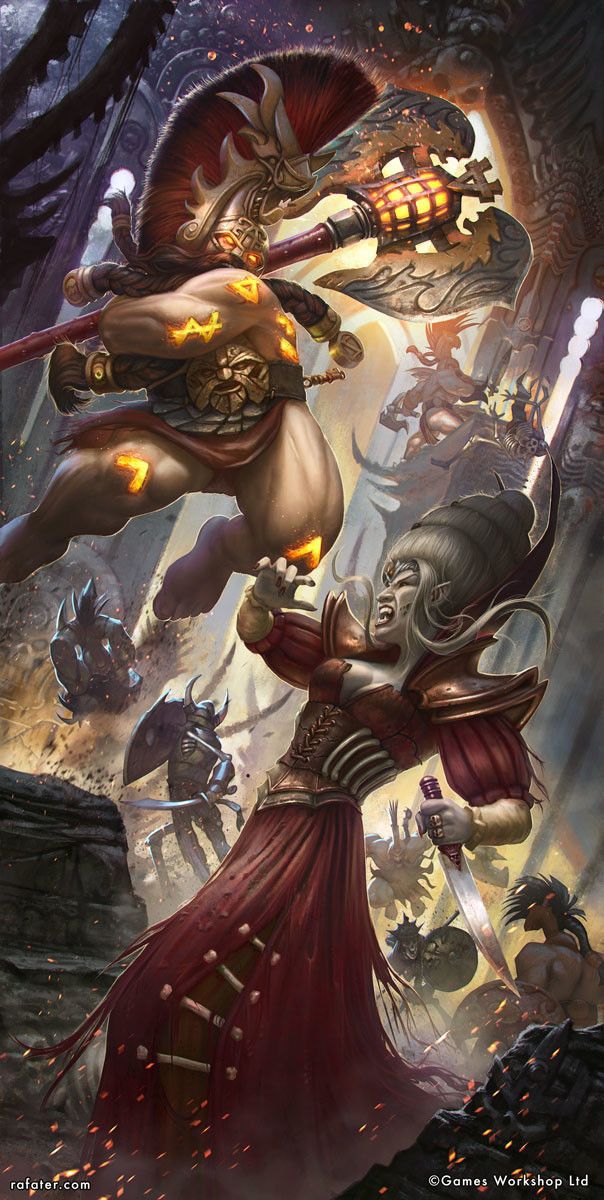
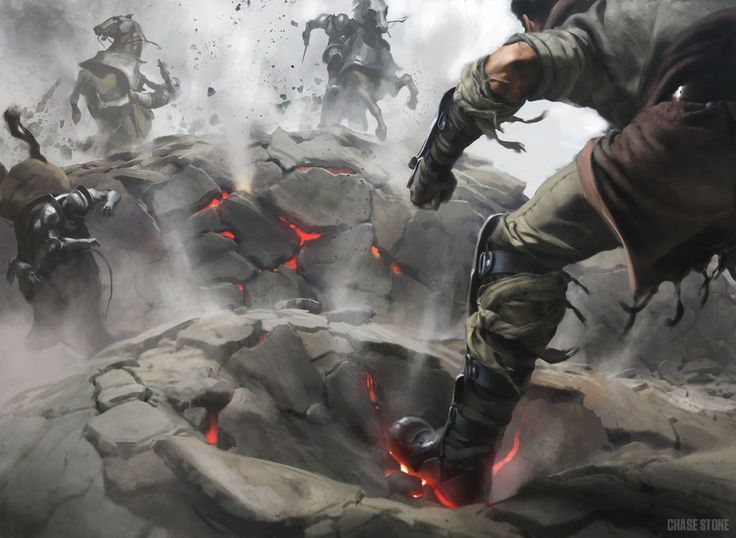
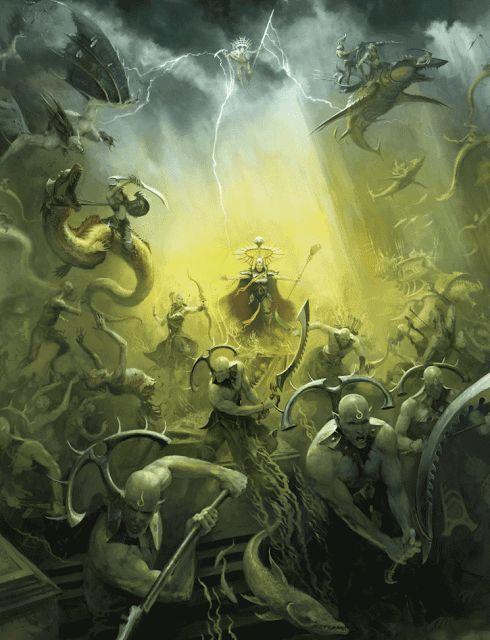
Characters

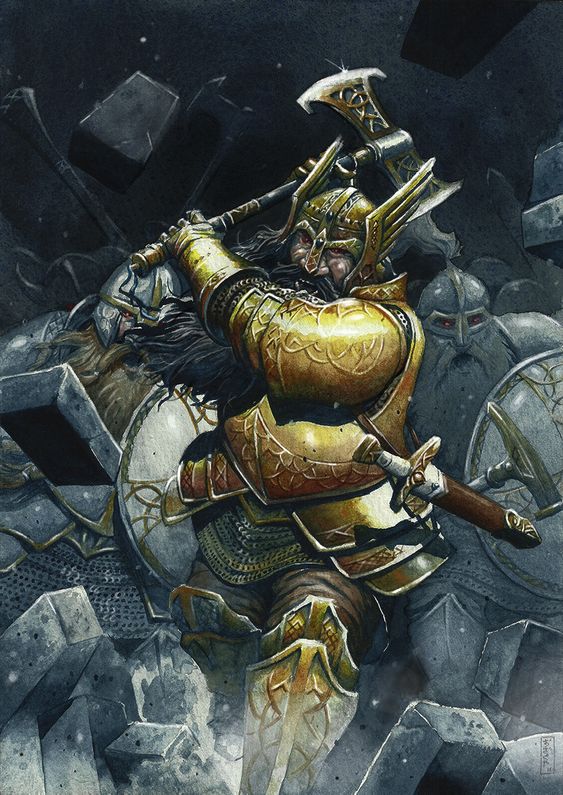
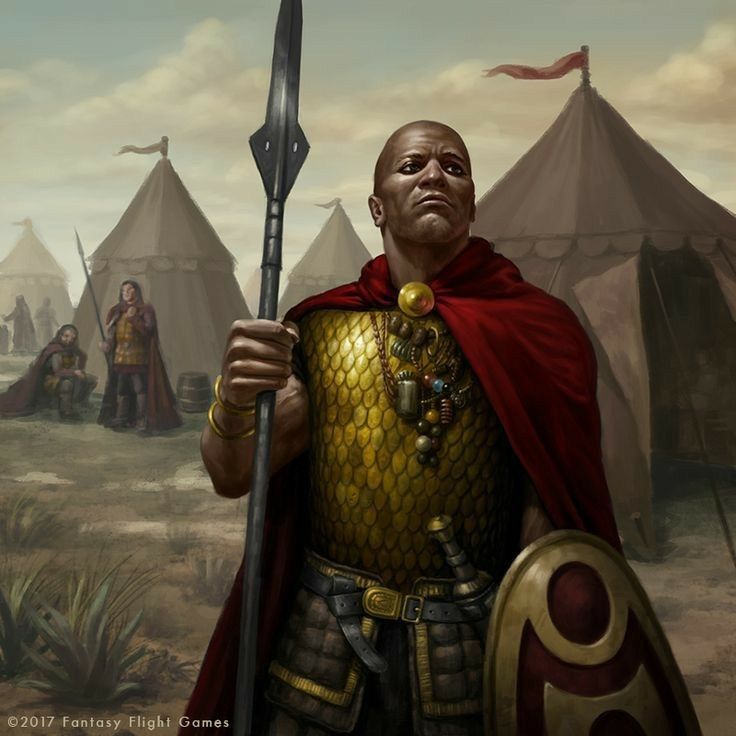
Music
https://youtu.be/tOP07Scqs7I
Bạn đang đọc truyện trên: AzTruyen.Top